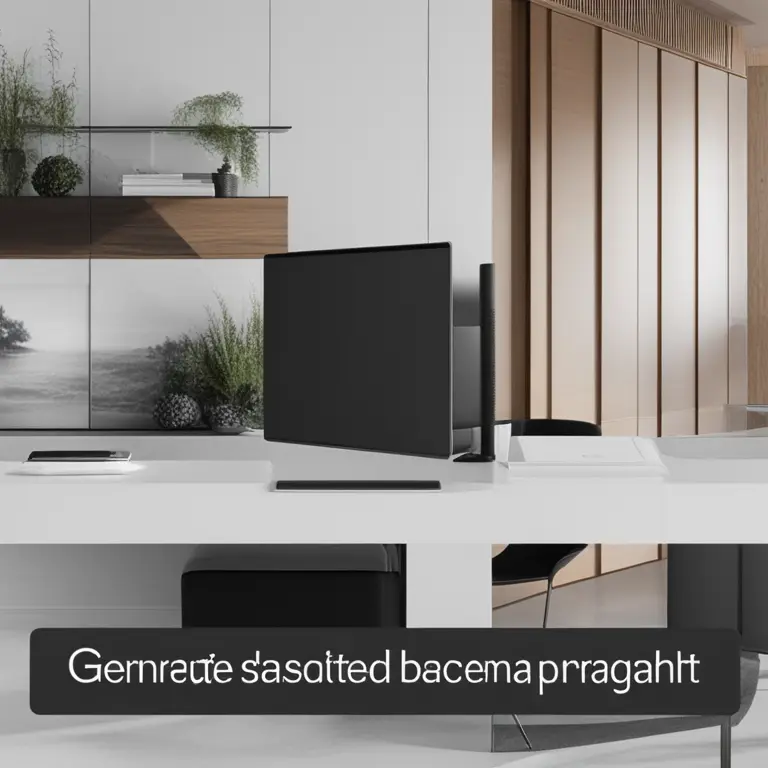
Meditation as a Stress Reliever: Fact or Fiction?
Discover the effectiveness of meditation in managing stress in the modern, fast-paced world.
article by Hina Kurosawa
The Stress Epidemic and Meditation's Rise
In an era where stress has become an unwelcome staple in daily life, individuals are constantly seeking methods to alleviate their chronic discomfort. The advent of meditation's popularity can be traced to its promotion as a panacea for the modern mind's ailments. Rooted in ancient traditions but refined for contemporary lifestyles, meditation is more than just a passing trend – it's a potential tool in the quest for stress reduction. Boasting endorsements from healthcare professionals and wellness influencers alike, meditation's relevance continues to surge as we probe deeper into the complexities of the human mind and the impact of stress on our well-being.

Understanding Stress and Its Impact
Stress, defined by the American Psychological Association as the body's reaction to any change that requires an adjustment or response, is a normal part of life. However, prolonged stress, also known as chronic stress, can wreak havoc on the body, leading to a litany of health complications such as hypertension, headaches, and sleep disturbances, among others. In reaction to these hazards, stress management strategies have evolved. Meditation, with its focus on mindfulness and presence, offers a holistic approach to counteracting stress that aligns with the body's natural rhythm, fostering resilience in the face of life's inevitable stresses.

The Science Behind Meditation and Stress Relief
Numerous studies reinforce the link between meditation and stress reduction. Research indicates that meditation practices can lower cortisol levels, the hormone predominantly associated with stress. Furthermore, the practice is known to promote alpha brain waves, which are correlated with relaxation. Neurological studies using fMRI and EEG technologies have unveiled that meditation can lead to brain structure changes, specifically in areas related to attention, emotional regulation, and self-awareness, strengthening the brain's ability to cope with stress. This evidence forms a compelling testament to meditation's implementation as a viable stress management technique.

Practical Meditation Techniques for Stress Management
For those unacquainted with meditation, beginning may seem daunting. Hence, it is prudent to explore various methods, such as mindfulness meditation, focused attention, or movement-based practices like yoga or tai chi. Mindfulness meditation, in particular, encourages practitioners to observe thoughts and feelings without judgment, fostering a serene detachment from the stressors of life. Additionally, technological advancements have facilitated access to meditation through apps and online platforms offering guided sessions, making this ancient practice more accessible than ever.
Incorporating Meditation Into a Busy Lifestyle
One of the greatest attributes of meditation is its versatility and adaptability to any lifestyle. Even a brief session of five minutes can yield benefits. The key lies in consistency rather than duration. To cultivate a habit, one might initially integrate meditation into regular routines, such as during morning preparations or as an evening wind-down ritual. As meditation becomes intertwined with daily life, it serves as an anchor amidst the turbulence of the modern world, potentially leading to a sustained reduction in stress levels.
Meditation and the Future
Looking forward, the role of meditation in stress management appears promising. With an increasing body of research and a growing cultural emphasis on mental health and self-care, meditation is poised to become a cornerstone in the architecture of stress relief strategies. It complements conventional treatments and offers an empowering avenue for individuals to reclaim control over their mental state. As we venture further into this millennium, meditation's integration into mainstream healthcare and personal wellness routines will likely deepen, shedding light on its true potential for stress alleviation.
Published: 1/18/2024
Modified: 1/18/2024
More predictions
Come back here soon to learn more about yourself and your future


The Science View: Meditation & Brain Health
Delve into the science of how regular meditation practices can influence and improve brain function and overall mental health.


Meditation's Effect on Blood Pressure
Discover how meditation can contribute to lower blood pressure, offering a serene path to cardiovascular health in this in-depth article.